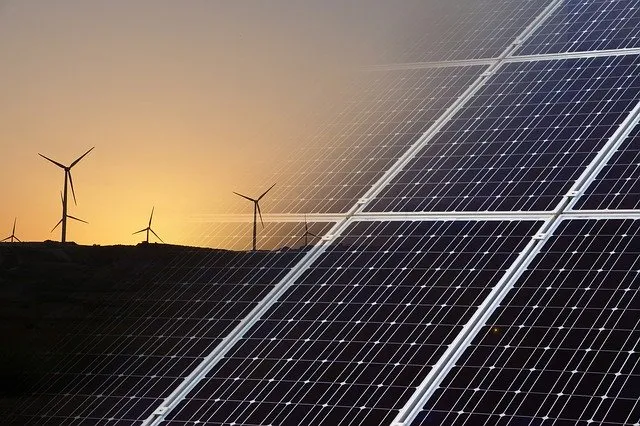Generation

Africa’s Solar Future: Unlocking 23 GW Opportunity And Overcoming Challenges For Sustainable Energy Growth By 2028

Africa is emerging as a key player in the global transition to renewable energy, with solar power poised to play a central role in addressing the continent’s energy challenges. Despite abundant solar resources, more than 600 million people in Africa still lack access to reliable electricity. Solar energy offers a viable solution, providing affordable, clean, and scalable power that can drive socio-economic development, support industrialization, and enhance energy security. However, significant barriers remain, particularly in financing and infrastructure development.
In 2024, Africa installed 2.4 GW of new solar capacity, slightly lower than the 3.07 GW installed in 2023. This drop was primarily due to South Africa returning to normal installation rates after an exceptional boom in 2023 and delays in project developments across North Africa. Despite the slowdown, there has been a clear trend toward market diversification. Countries such as Egypt, Ghana, Burkina Faso, and Nigeria have increased their share in new installations, contributing to a more balanced solar growth across the continent.
South Africa and Egypt together accounted for 75% of Africa’s new solar installations in 2024. However, new players like Ghana, Burkina Faso, and Zambia are rising in prominence. Ghana, for example, has made significant progress through rooftop solar programs and utility-scale projects, aiming to reach net-zero emissions by 2060. Burkina Faso has shown impressive year-on-year growth, with several new solar plants boosting its energy capacity.
Financing remains a major hurdle for solar expansion in Africa. Most funding currently comes from public sources, primarily development finance institutions, accounting for 82% of climate finance on the continent. To meet future energy needs and achieve the goal of 300 GW renewable capacity by 2030, Africa requires more private investment and innovative financing models. Strategies such as de-risking investments, offering concessional finance, and strengthening domestic financial institutions are vital to attract investors.
Emerging opportunities in e-mobility and renewable hydrogen further highlight solar energy’s potential. Twelve African countries have established e-mobility targets, and the integration of solar into EV infrastructure is essential for reducing emissions. Meanwhile, renewable hydrogen projects, although still nascent, offer another avenue for solar power expansion, with several large-scale initiatives expected to begin operations by 2030.
Looking ahead, Africa is forecasted to install an additional 23 GW of solar capacity between 2025 and 2028 under a medium growth scenario. This would represent a 30% compound annual growth rate, with utility-scale projects leading the way. If current trends continue and financial and policy frameworks improve, Africa could see a transformative shift in its energy landscape.
Solar power presents a transformative opportunity for Africa. It can provide affordable and sustainable energy while supporting economic development and climate goals. Realizing this potential, however, will require concerted efforts to overcome financial barriers, enhance infrastructure, and foster international cooperation. The next few years are critical for laying the foundation of a solar-powered future for Africa.












